“We live in a 21st century democracy using 18th century rules and 19th century systems,” Micah Sifry says. As the co-founder and executive director of Civic Hall, Sifry’s mission is reversing this reality that he sees. Civic Hall, which he helped found in 2015, serves as a center in New York City where technology professionals can work in a shared space toward the public good.
Sifry’s career began in journalism as an intern at The Nation magazine. Progressing through the company, he became the Associate Editor, and in that position, his writing and editing focused on topics like American politics and foreign policy. His time at The Nation fostered his interest in how movements can influence politics.
“Throughout history, people have organized to change the course of the political system,” Sifry says. After working for The Nation, Sifry began working at a nonprofit, Public Campaign, where he worked on the issue of big money influencing politics. He also worked on a book related to work he had done at The Nation exploring third parties in American politics. With his interest in major trends and shifts in political systems, Sifry noticed the rise of new technology and its potential to revolutionize many areas of life.
“Throughout history, people have organized to change the course of the political system.” – Micah Sifry
“When the Internet came along, I was interested,” Sifry says. Part of this interest came from his younger brother, who was involved in open source software. Sifry saw the collaboration of those working on this particular software, Linux, which was at a level that he had not seen before.
“They were challenging Microsoft and winning,” he says. He wondered whether this way of developing software could change politics.
Sifry began blogging, joining the cultural shift toward the Internet, since he firmly believed that this new medium was going to affect politics eventually. At this time, he met Andrew Rasiej, who had the same intuition. The two became business partners, and in 2004, they started a conference: the Personal Democracy Forum. As innovators like Sifry and Rasiej began bringing the Internet and politics together, not everyone believed the two coincided.
“In the early days, the ‘establishment’ dismissed the Internet politics scene,” Sifry says. “Eventually, [it] realized they were a new political force.” Those involved in Internet politics saw the potential for good in this technology. At first, the momentum of change that stemmed from the Internet seemed only to work toward good. For Sifry, Barack Obama’s presidential victory defined the high point of such positivity. However, subsequent realities showed that the Internet could also be used negatively.
“In the early days, the ‘establishment’ dismissed the Internet politics scene…Eventually, [it] realized they were a new political force.” – Micah Sifry
“The Internet accelerates all kinds of things, not just the good things,” Sifry observes. Despite this, or perhaps because of it, Sifry knew there was a community of individuals looking to increase the public good that could be achieved through technology. While the Personal Democracy Forum had 1,000 attendees per year, Sifry realized another need in this community: a space where freeagent civic entrepreneurs could meet daily to work on their projects. Professionals had a desire to gather around a shared mission to “Civic Tech,” which is a term for using technology for the public good.
Civic Hall, which Sifry co-founded with Rasiej, fulfills this need. The organization now has 1,000 members and 150 member organizations, and has reached this size without any formal marketing, showing the magnitude of interest from this community.
Sifry notes that Civic Hall doesn’t have an extreme filter on the members they accept. The primary qualification is that members are dedicated to the public good. Member organizations may be smaller nonprofits, but they are also existing technology companies, government agencies, and members from larger institutions. Sifry sees an interest in involvement not only from the smaller organizations, but also from important professionals in the technology field. They, too, want to find ways to be innovative.
“The overarching goal is to make the whole greater than the sum of its parts,” Sifry says. When innovators are working to solve similar problems in the same place, it encourages creative thinking. Especially when the environment is filled with new people each day, it fosters a community where professionals can look at problems from different perspectives.
As Civic Hall moves forward, Sifry is excited to see two of the organization’s programs progress. Civic Hall offers both an Organizers in Residence program, which is more politically focused, and an Entrepreneur in Residence program, which is designed for social entrepreneurs. Civic Hall can take fifty applicants total, and the organization provides them each with a six month residency, featuring group workshop sessions and peer-to-peer mentoring. The objective is to help professionals refine their current project in a collaborative environment. Though Sifry hopes that Civic Hall will spur continued experimentation in the civic world, funding is definitely needed in the sector to sustain work like this.
“There is not enough risk capital looking at the space, and it is a real problem,”Sifry says. Organizations are working on important projects like simplifying the process to receive an absentee ballot. Yet their work is dependent on very limited funds from donations. When the finances are not available, it is difficult to truly experiment and take the risks that lead to innovative solutions.
“We could have a lot more innovation if there was just a little more risk capital to fund the development of more experiments,” Sifry comments. For example, Sifry mentions Code for America, a nonprofit looking to rebuild government systems, like the entire Californian welfare system technology. Often, the government will hire major defense contractors, but the projects become expensive and unsuccessful. Code for America could provide an effective alternative.
“We could have a lot more innovation if there was just a little more risk capital to fund the development of more experiments.” – Micah Sifry
In the coming years, Sifry also hopes to see change in the way the public uses the Internet for political purposes. Sifry comments that privately owned forums, like Facebook and Twitter, are not good places for our civil discourse.
“Facebook is good for affiliation, but bad for deliberation,” he explains. He says that it has made politics easy, in that it simply involves siding with arguments you already agree with.
“Politics is designed to help people who do not agree find agreement,” Sifry says. His focus is using technology to move forward and find creative solutions. In his work, Sifry encourages collaboration that leads to innovation. As different ideas come together, they can form something new that completely changes the way America does politics for the better. Sifry is working to make this happen.
.svg)

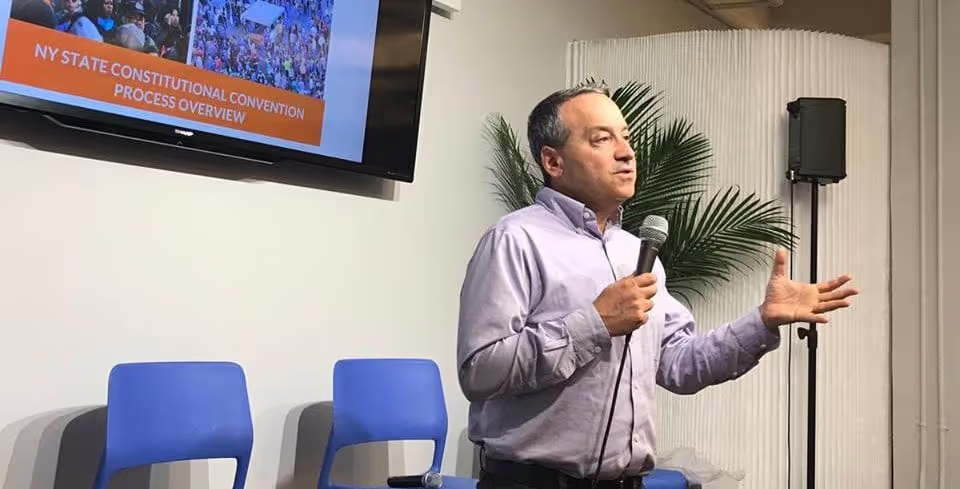
.svg)
.svg)
.svg)
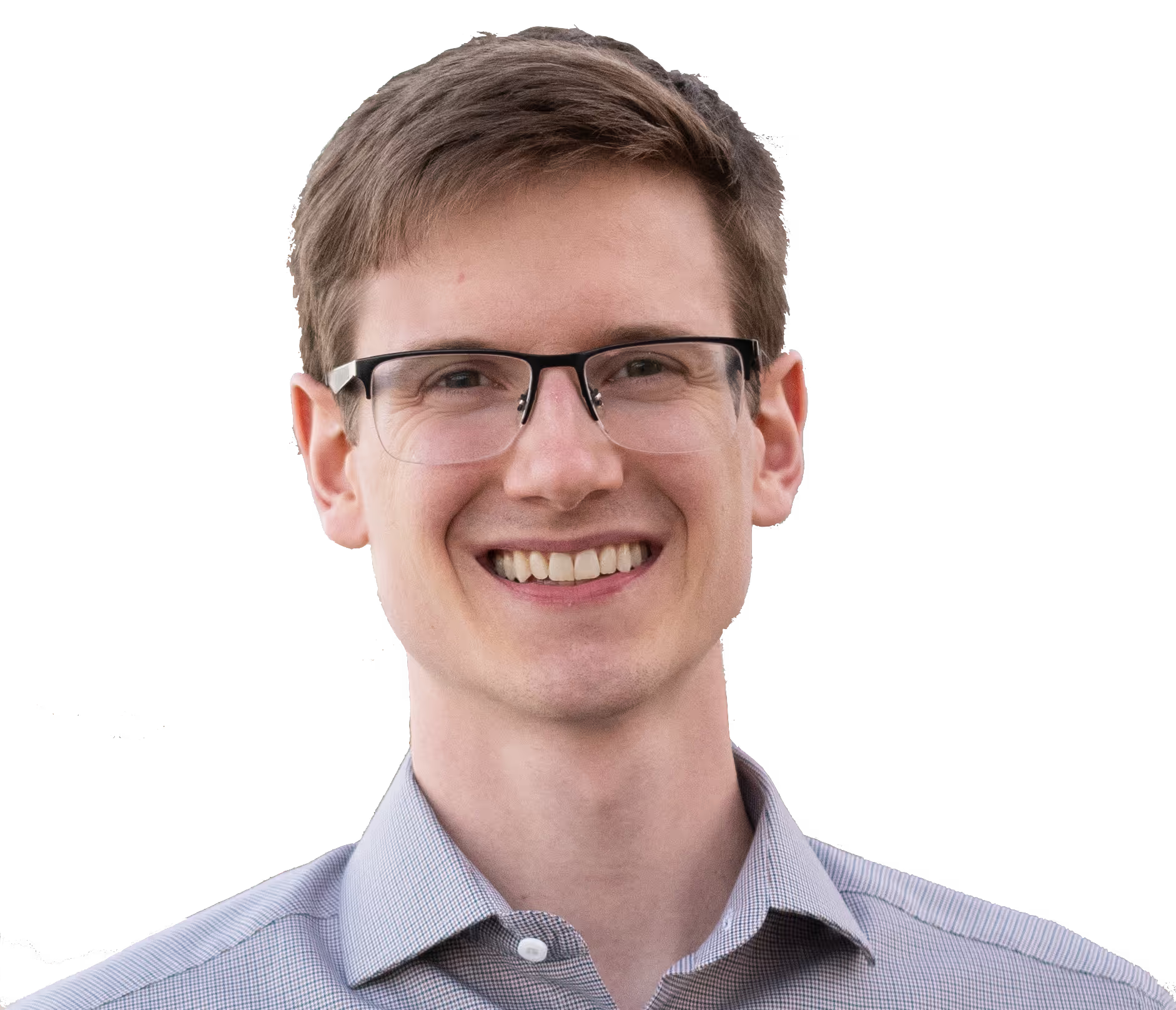
.avif)























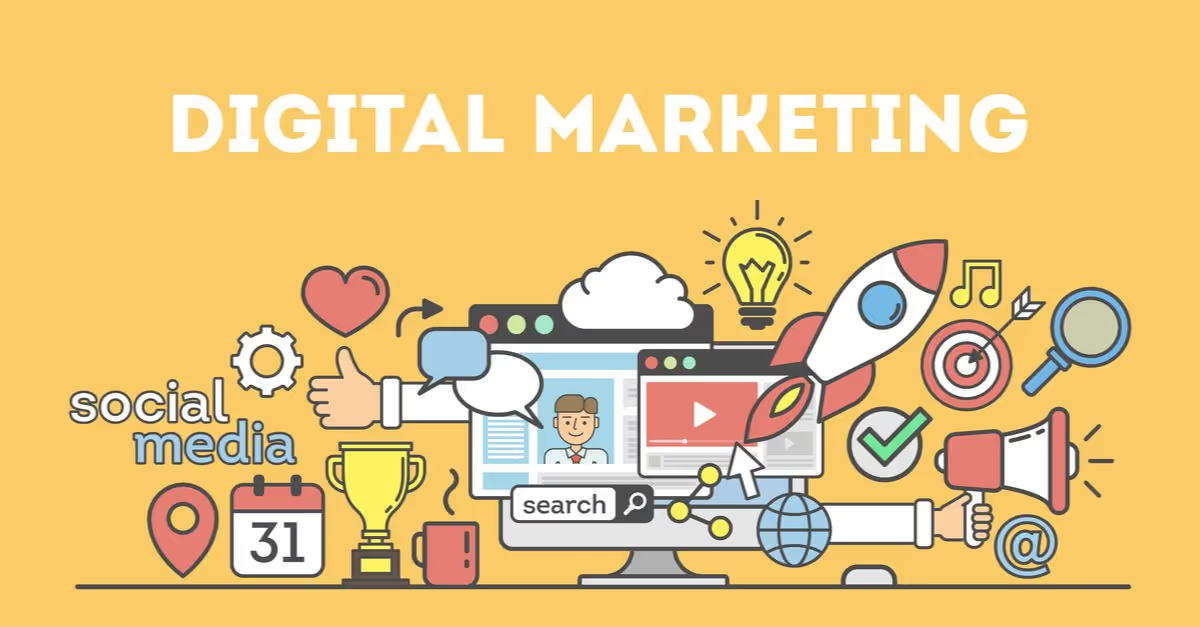

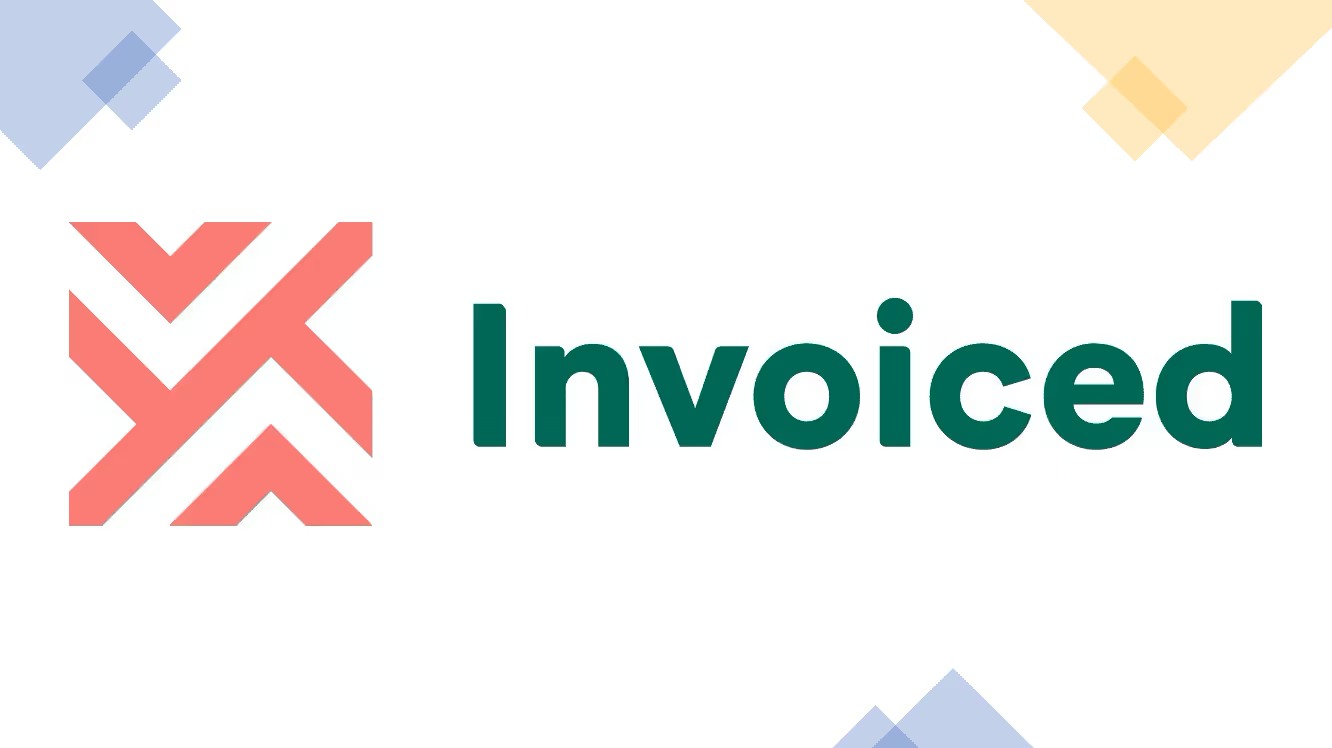








.jpg)


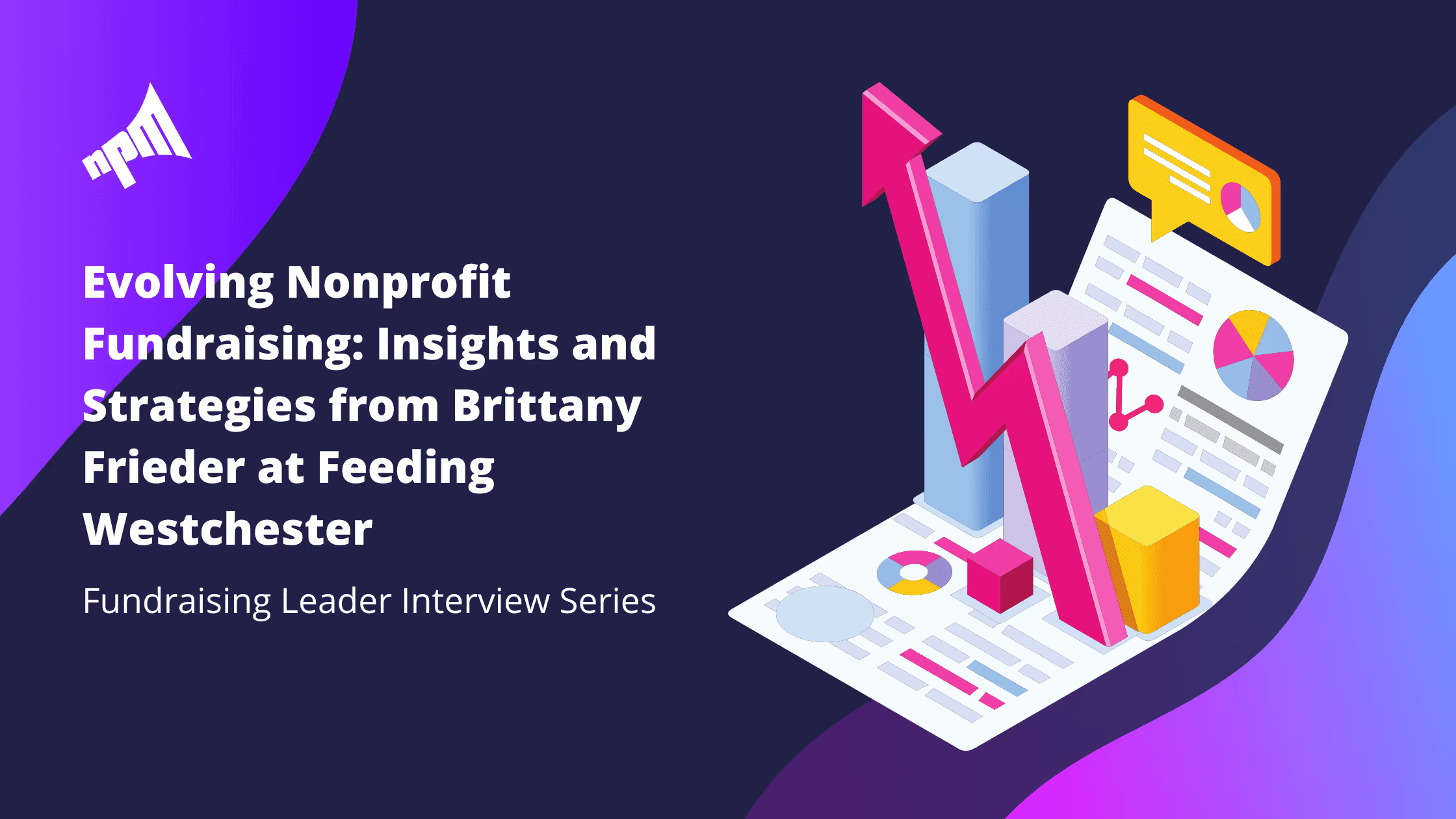

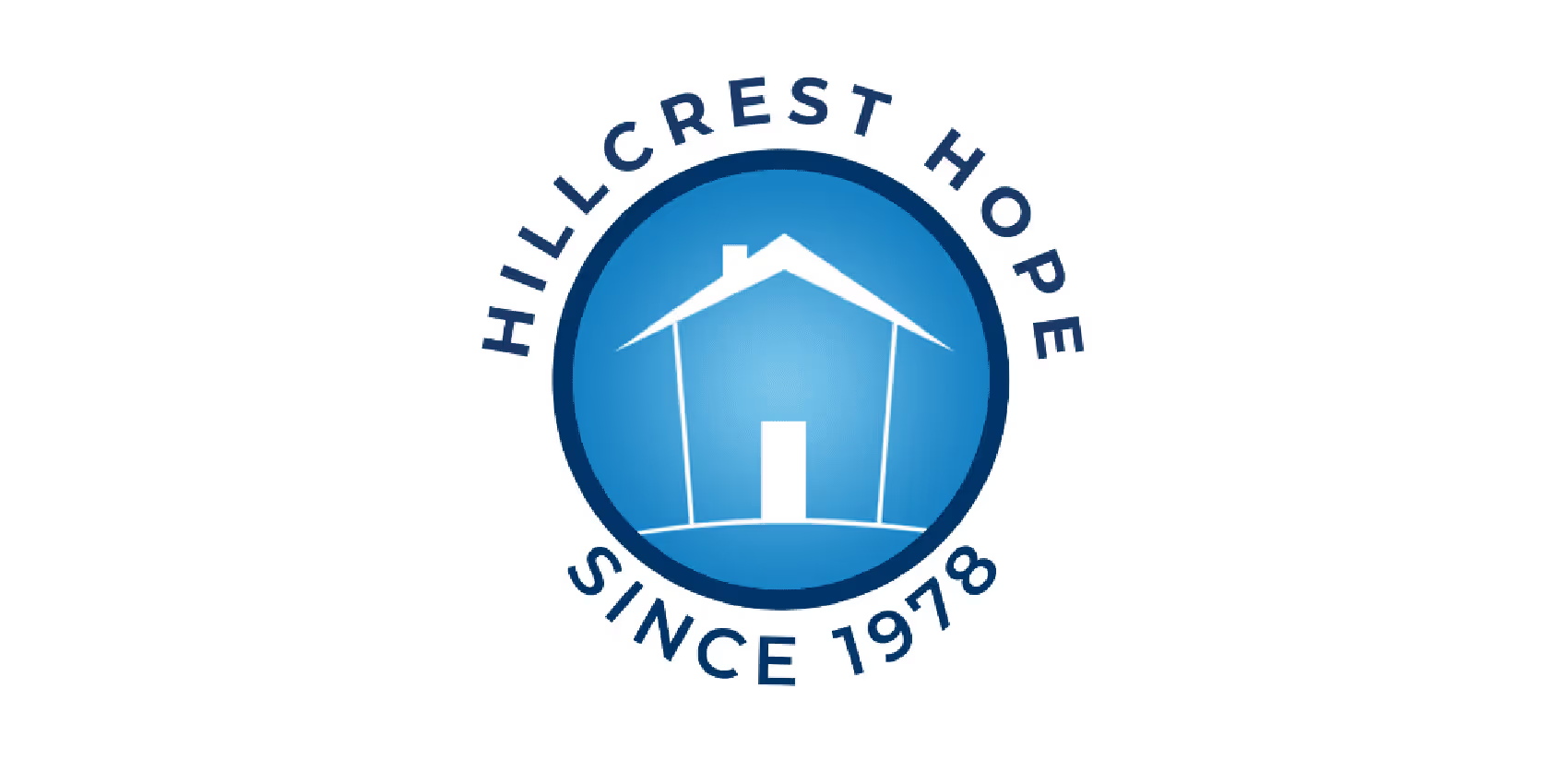
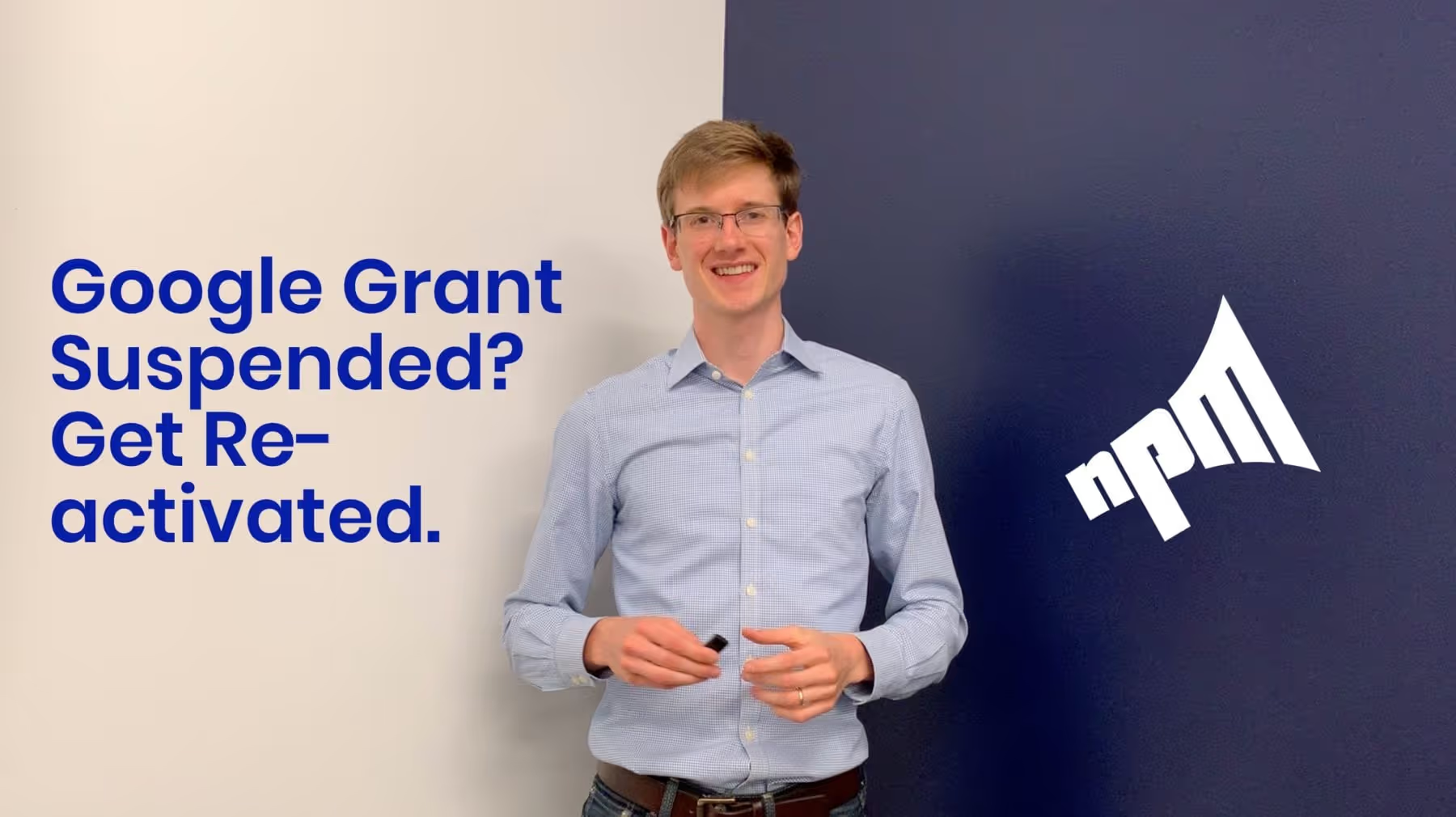

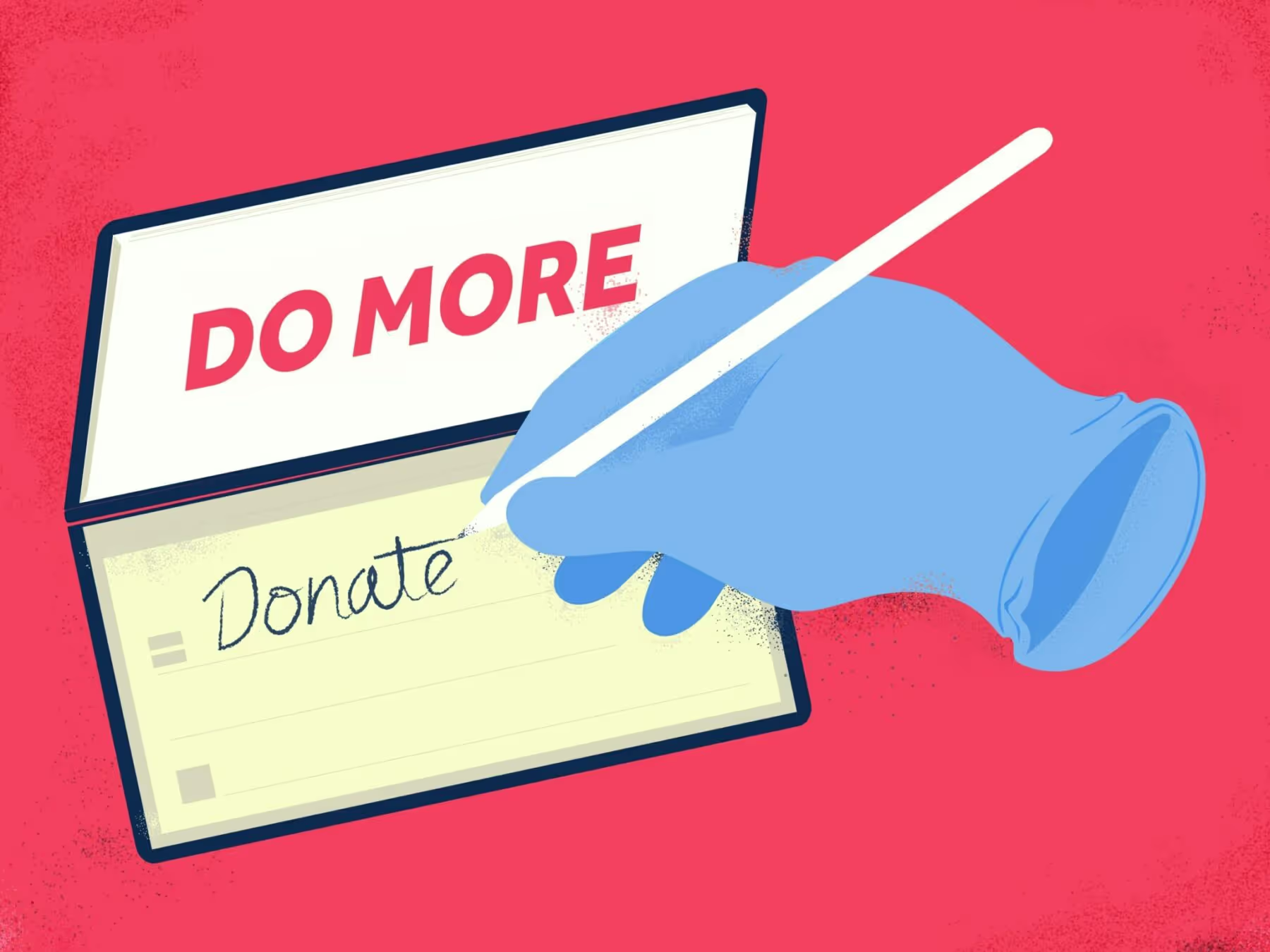







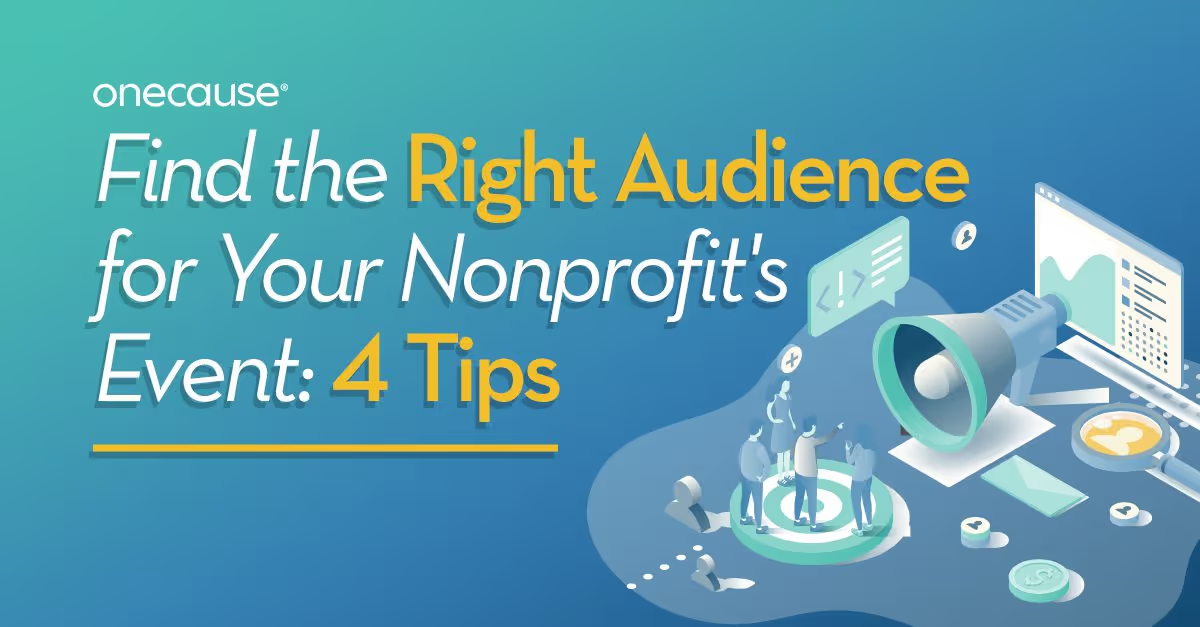
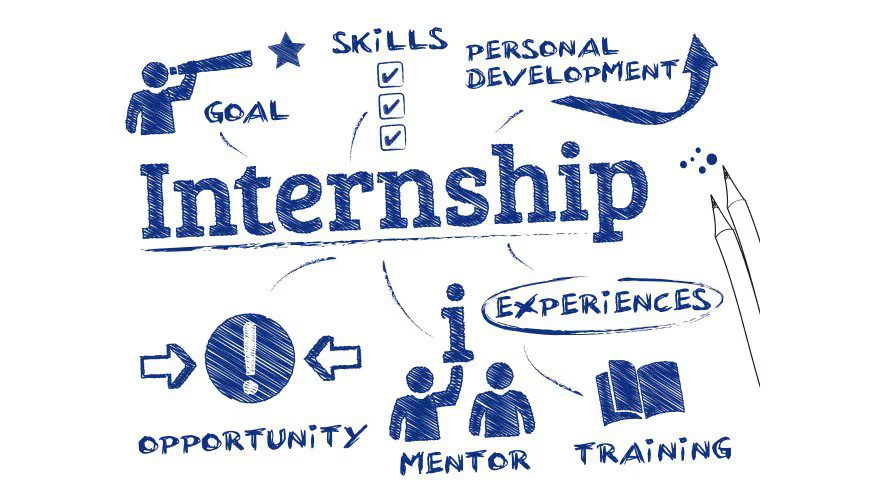




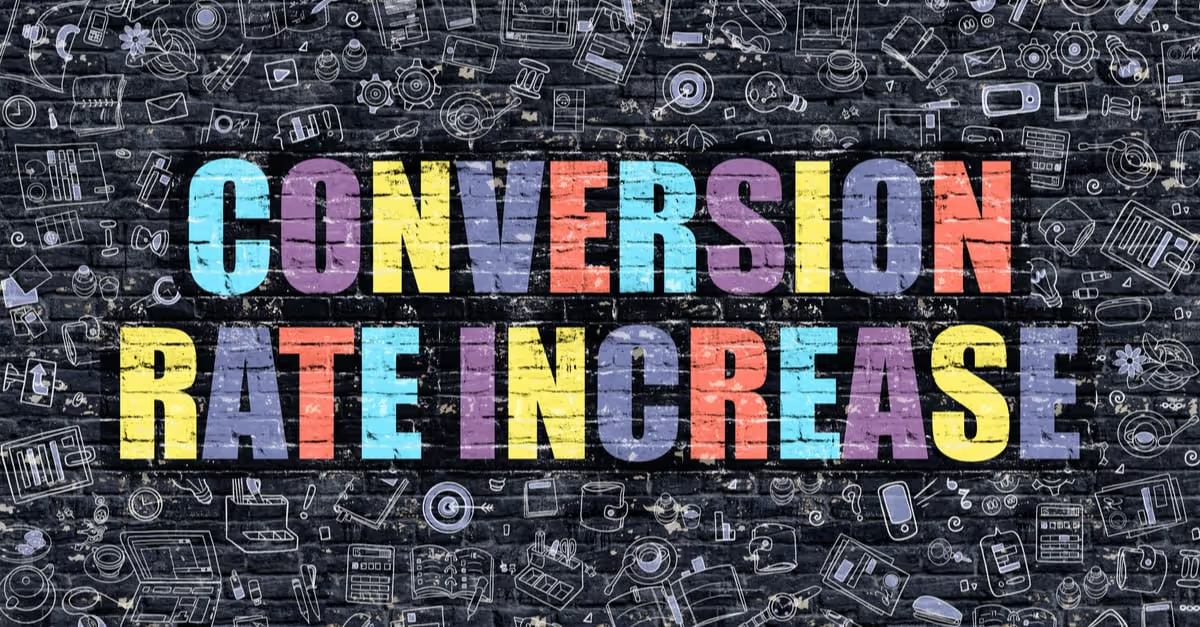

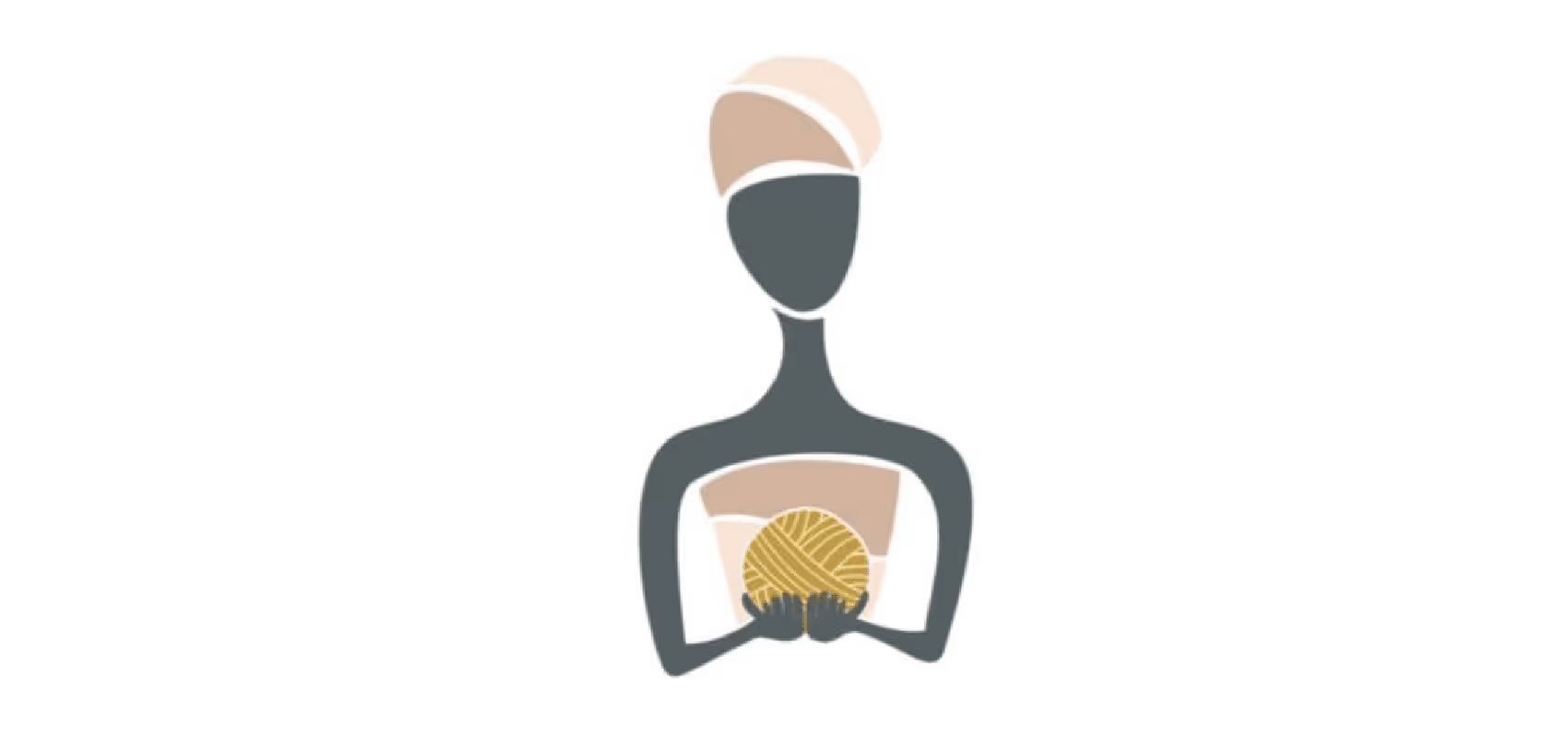


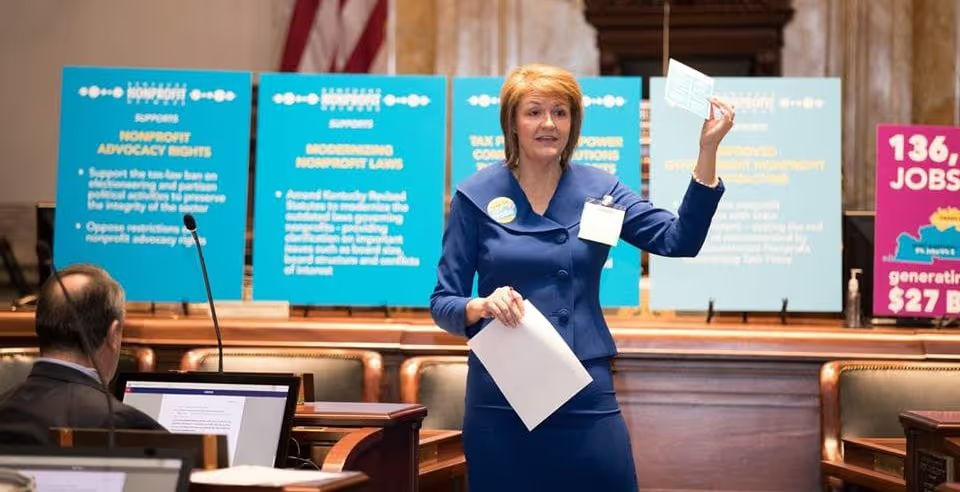




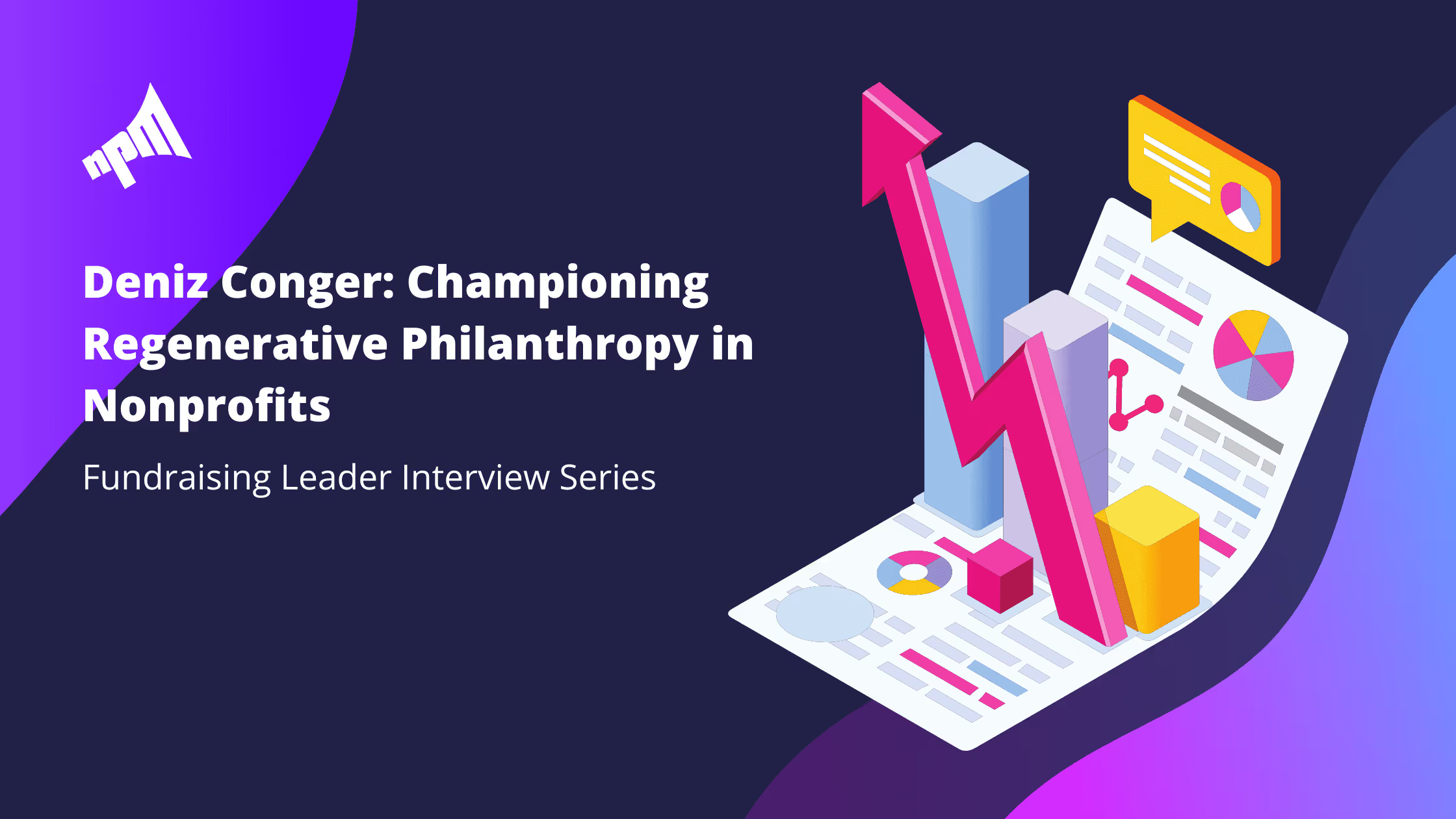


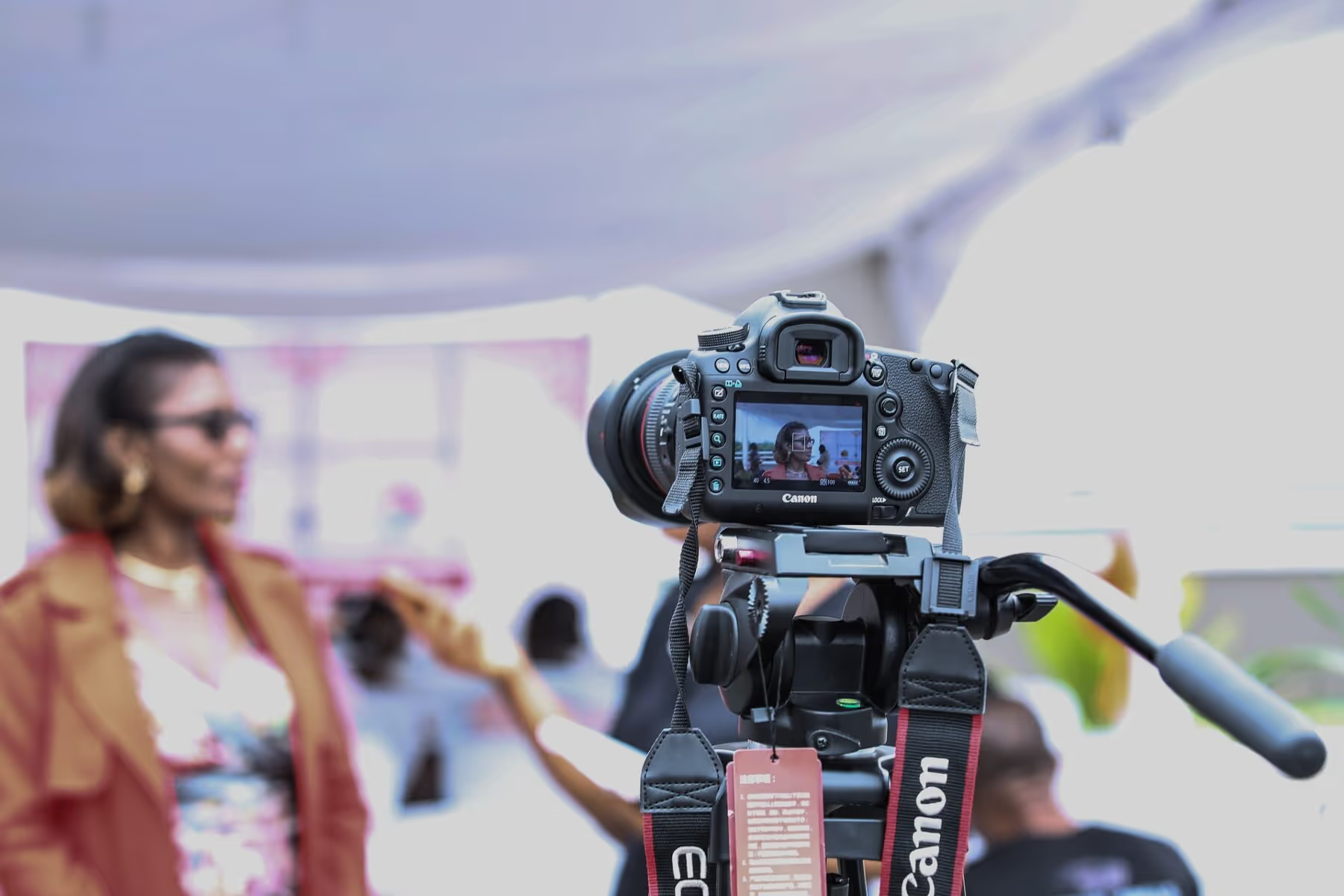

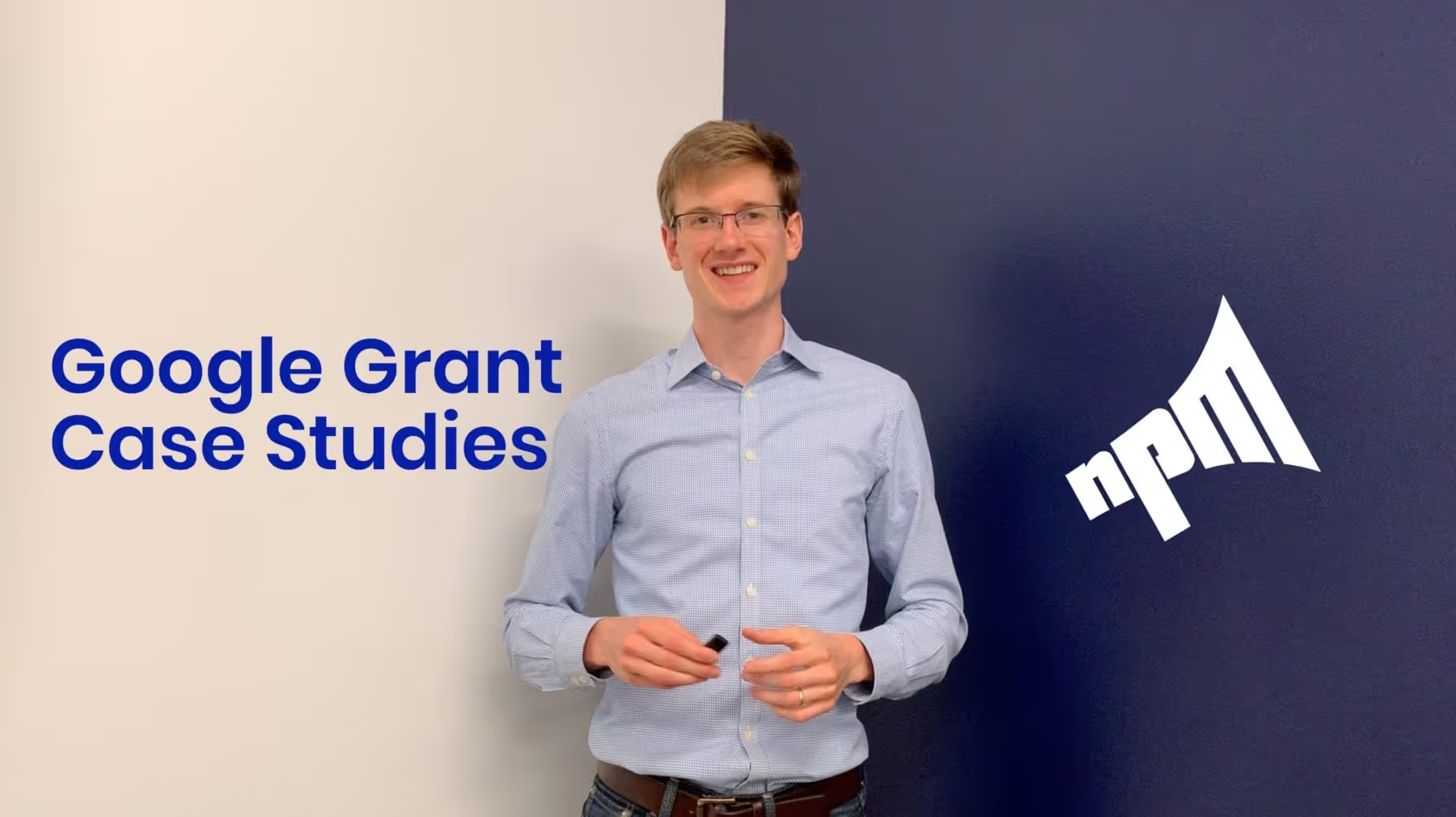








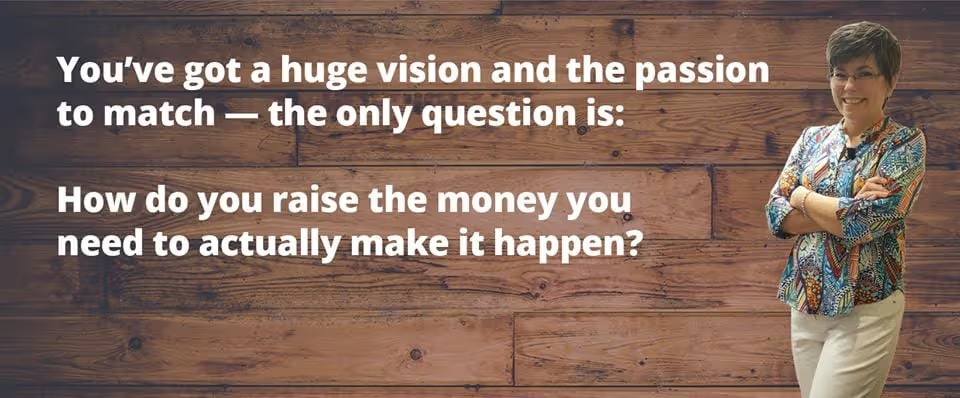





















.svg)
.svg)
.svg)
.svg)